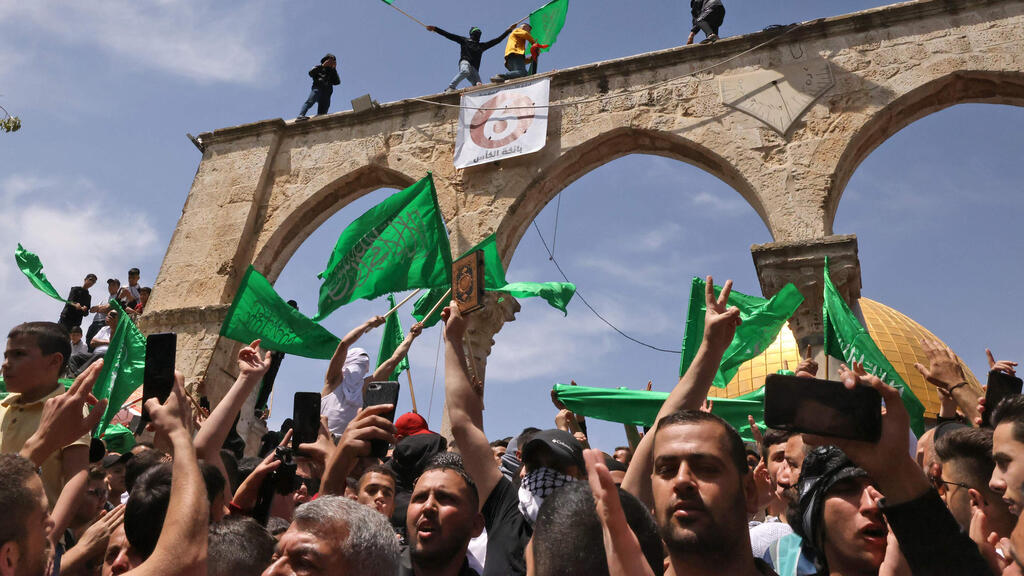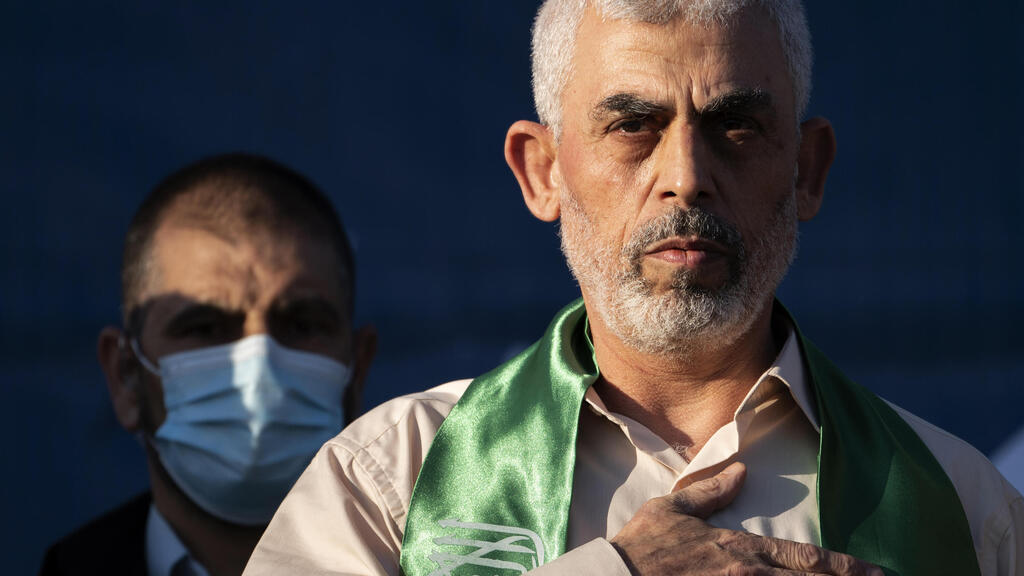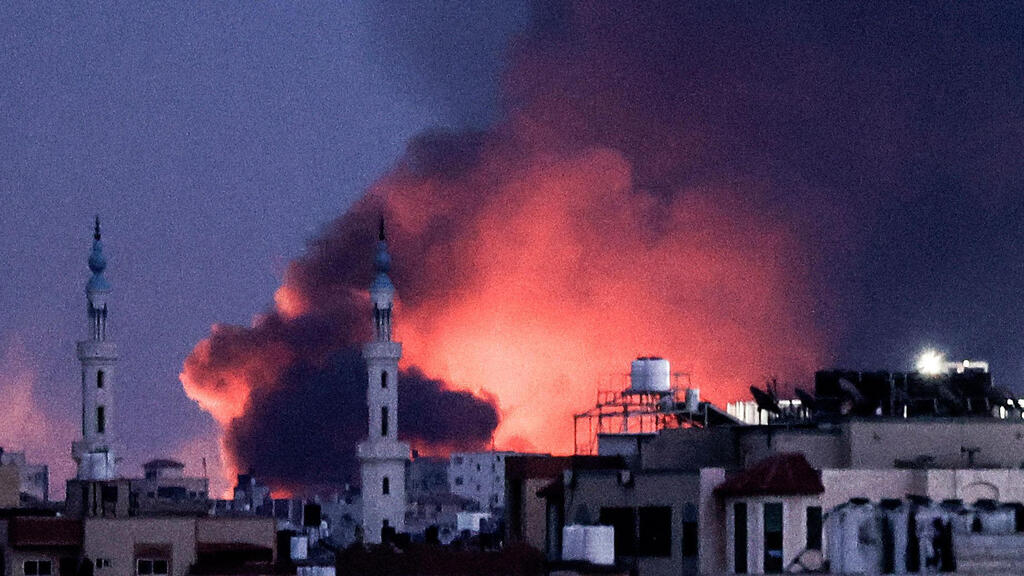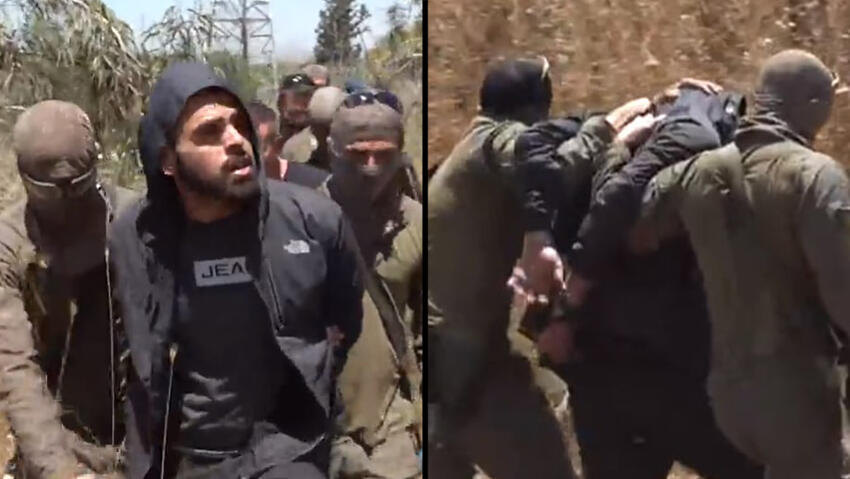Getting your Trinity Audio player ready...
One of the two terrorists behind the attack in the predominantly Haredi city of Elad last week said in his will that his motivation for the stabbing spree was the alleged threat to the Al-Aqsa Mosque in Jerusalem.
The two terrorists who carried out the shooting attack in Ariel less than two weeks ago also cited so-called threats to al-Aqsa as their motivation.
The terrorists from the Elad attack were eventually caught alive on Sunday morning and the will one of them had left behind is no use to him - for now. What it shows, however, is that the Hamas incitement to terror - using the Al-Aqsa Mosque excuse - seems to be working. Military sources say it may even ignite the whole region.
Having riled up Palestinians in the West Bank, Hamas in its strategy to bring about a religious war, has been leveling its incitement towards Arab citizens of Israel, but so far without great success.
But, intelligence gathered by the security agencies showed Iran was also attempting to jump on the same bandwagon.
The mission is now on the shoulders of the Shin Bet and its chief Ronen Bar, who must identify potential terrorists among Israeli Arabs, such as those who carried out deadly attacks in Be'er Sheva and Hadera.
The security officials also say Hamas leader in Gaza, Yahya Sinwar, has become more ambitious and sees himself as the new Yasser Arafat. His speech on the anniversary of Arafat's death, they say, is proof of that.
He is waiting for the day Palestinian Authority President Mahmoud Abbas hangs up his political boots in the hopes to extend his power to the West Bank.
Sinwar also hopes to ignite East Jerusalem without provoking a war in Gaza. Still, his failure to enlist Arab citizens of Israel to the fight, as they had last year, is disappointing to him.
Meanwhile, while the tactical response to the Elad attack is important, Israeli leaders must adopt a broader perspective in the face of internal and external security threats. Failing to do so, will exact a heavy and painful price.
Since the May 2021 Gaza war, Israeli governments adopted the recommendations of the IDF and security agencies, effectively buying calm in the Strip.
Sinwar took full advantage of that policy to increase his power and improve the economy of the Strip, but at the same time, he directed his incitement at Palestinians in the West Bank and in Jerusalem.
Israel has not opted for a change in its policy and as Ynet reported on Saturday, the IDF and the security agencies recommended Israel refrain from targeted killing of Sinwar and other Hamas leaders.
All senior security officials were unanimous in their insistence that Israel take all necessary steps to prevent the spread of violence during the Muslim holy month of Ramadan. Sinwar, who understands the Israeli mindset, maneuvered Israel into a trap.
Prime Minister Naftali Bennett knows that an additional round of fighting against Gaza at this time would end his already tattered coalition. He also understands, however, that ending his premiership over a military action against Hamas could increase his public support.
The public discourse of recent days, on the need to assassinate Sinwar, should not dictate government policy. Targeted killing must be the result of planning.
A source wondered why Sinwar was named as a target of such action and not the commander of the Hamas military wing, Mohammed Deif, who is the instigator of more acts of terror and a symbol of the Islamist struggle. Deif was able to ignite violence last year with one recorded message.
IDF senior officials reject claims that any targeted killing only brings a worst terrorist to the forefront and refer to the strike that killed senior Islamic Jihad commander Baha Abu al Atat in 2019.
5 View gallery
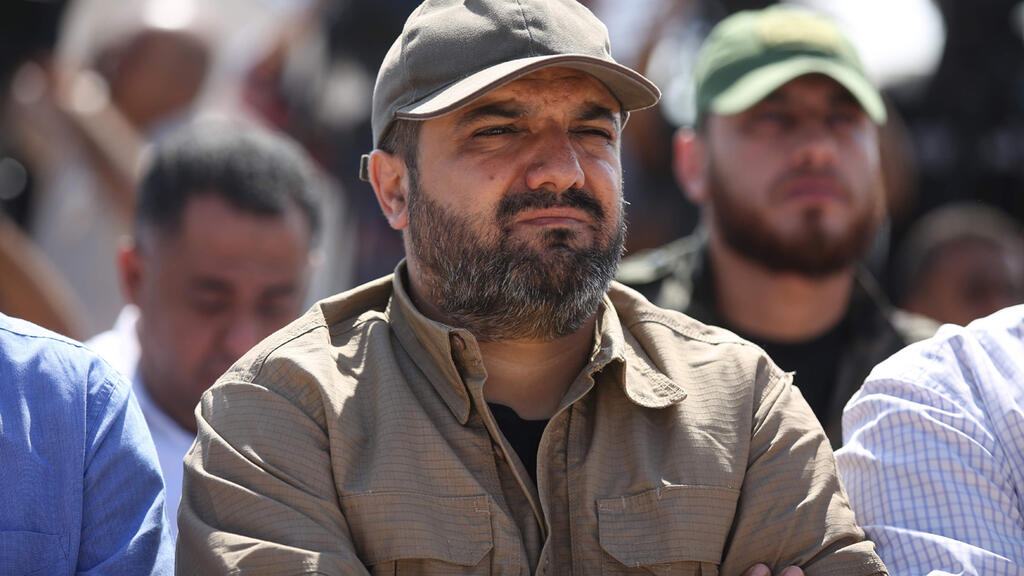

Senior Islamic Jihad commander Baha Abu al Ata killed in an Israeli strike on Gaza in 2019
(Photo: AFP)
Still, they oppose such a move at this time.
The officials say Israel should throw cold water on the flames of a religious war. The officials say the political leadership should enlist the help of the Hashemite Kingdom in all decisions pertaining to the Temple Mount.
Israel should also bolster forces along the perimeter fence in the West Bank, increase its pressure in West Bank terror hubs and intensify its policing of Israelis who aid and employ Palestinians without security permits.
Opting for continued calm in Gaza, Lebanon and among Israeli Arabs who chose the path of terror, will ultimately result in worse violence.
When Israel's enemies see the leadership hesitate to act in order to maintain the calm, they feel empowered and their motivation for conflict grows.
Iran-backed Hezbollah, though seemingly motivated to maintain calm, has increased its military capabilities and will act when it becomes advantageous.
Israel's speedy withdrawal from south Lebanon in 2000, and in its policy of containment of Hezbollah's violations of UN resolutions in the following years has favored the interests of the residents of the north over the security of its soldiers and was caught unprepared for the Second Lebanon war in 2006.
Israel must take the initiative. It should not embark on unnecessary wars, but it cannot avoid conflict at all cost. That policy has resulted in more terror acts and will bring about the next conflict at a less convenient time.


